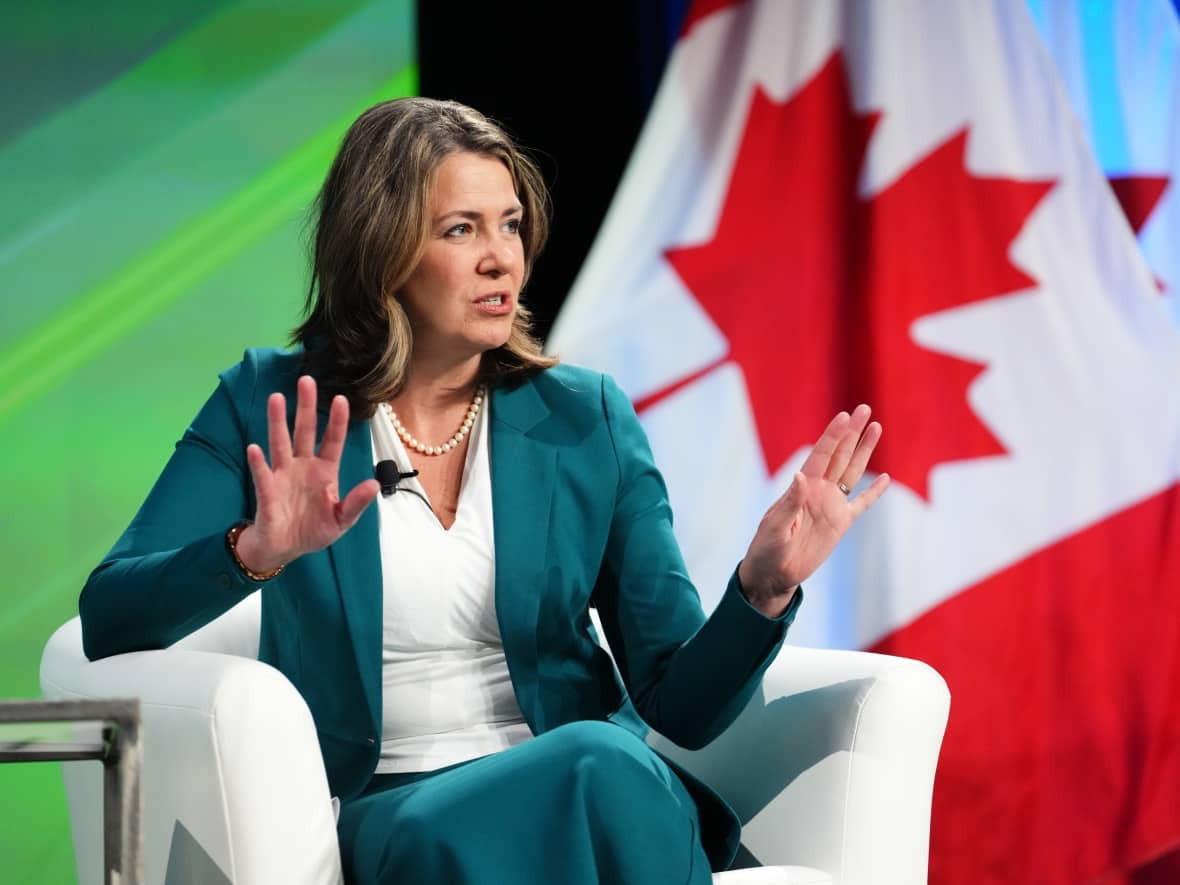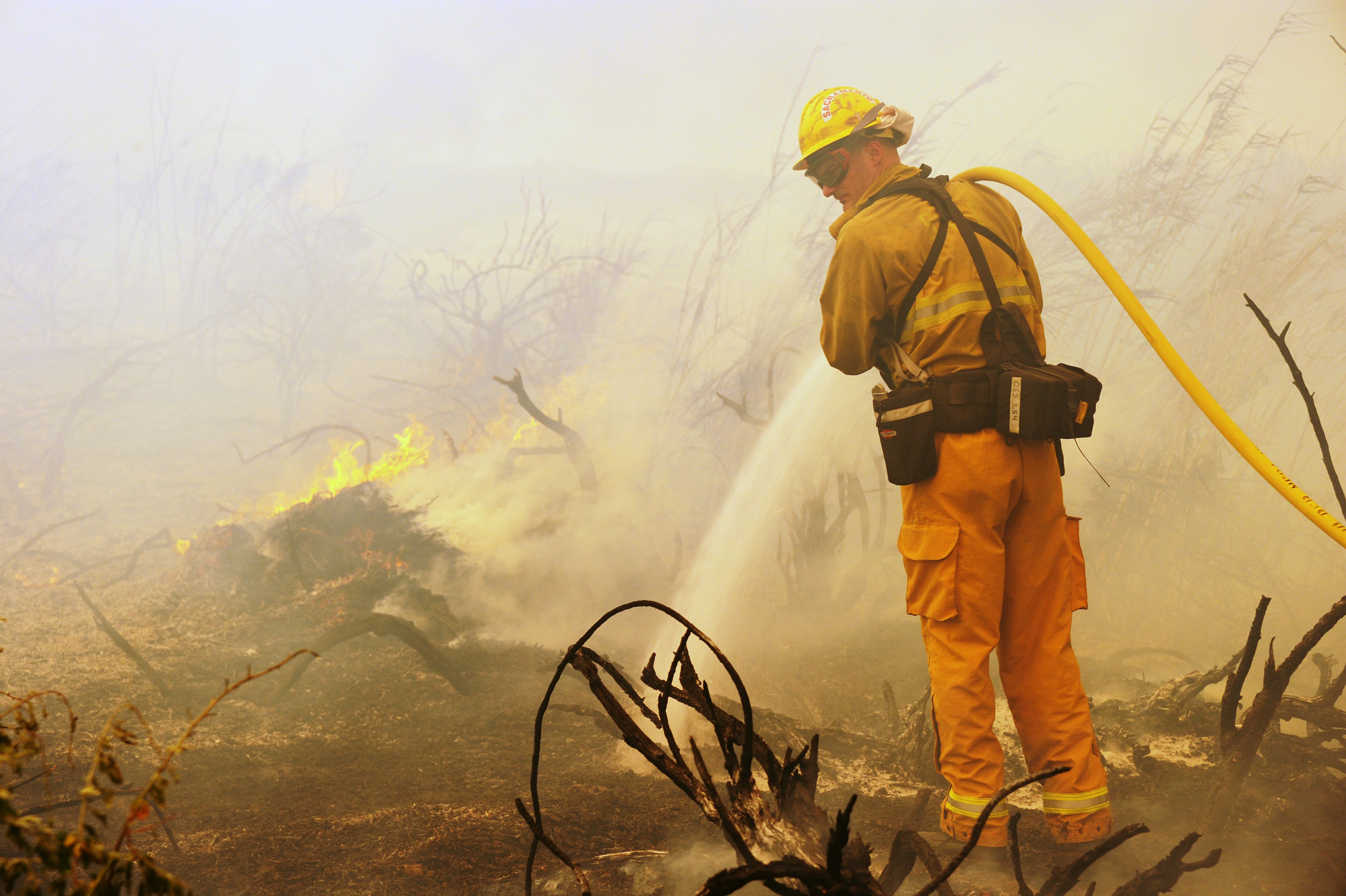Alberta Premier Danielle Smith's High-Stakes Diplomacy with Trump
Political observers describe Alberta Premier Danielle Smith’s recent actions as a high-wire act, navigating delicate diplomacy to protect Alberta's interests while avoiding alienating the rest of Canada. Smith's controversial decision to engage directly with incoming U.S. President Donald Trump has ignited a national conversation about the best approach to handling Trump's threatened 25 percent tariff on all Canadian goods, including Alberta's crucial oil and gas exports.
The Mar-a-Lago Meeting and its Fallout
Smith's weekend trip to Mar-a-Lago for a face-to-face meeting with Trump was a last-ditch effort to prevent the tariffs from taking effect. Trump's announcement of these tariffs, coupled with his hints of a broader strategy to annex Canada through “economic force”, has triggered considerable uncertainty and debate across the nation. The meeting, while generating significant media attention, has also prompted significant criticism.
Divided Opinions Among Canadian Politicians
The response to Smith’s actions has been far from unanimous. University of Calgary political scientist Lisa Young highlights the difficult choice facing all Canadian politicians: engage in reasoned dialogue with Trump or adopt a firm stance risking a trade war. Young warns that Smith's pursuit of a special exemption for the oil and gas sector risks undermining Canada’s united negotiating position. An exemption for Alberta, Young argues, might make Smith a hero in her province but could be perceived as a betrayal elsewhere in Canada, diminishing the nation's ability to demonstrate to the U.S. the harm caused by tariffs. This sentiment is echoed by other political analysts, who highlight the importance of national unity in the face of external threats.
The National Unity Debate and Provincial Leadership
The meeting between Smith and Trump took place amid a leadership vacuum in Ottawa. With Prime Minister Justin Trudeau announcing his resignation and the Liberal party entering a leadership race, provincial premiers have assumed a more prominent role in addressing the crisis. Federal Foreign Affairs Minister Melanie Joly has indicated that all retaliatory measures are under consideration. However, Smith's approach diverges sharply from that of other premiers, such as Ontario Premier Doug Ford, who advocates keeping the option of broader retaliation on the table. Smith, on the other hand, has cautioned Ottawa against any energy export restrictions, calling them an “empty threat” with the potential to destabilize national unity. This divergence highlights a crucial fault line in Canada's approach to the situation.
Divergent Strategies and the Risk of Division
The conflict between Smith's and Ford's strategies reflects a deeper divide on the best course of action. Mount Royal University political scientist Lori Williams emphasizes the need for a behind-closed-doors discussion on potential energy embargoes. Williams argues that such discussions in the public arena expose weaknesses and risk undermining Canada's negotiating power. She notes that Smith and Ford are reaching audiences, particularly on right-wing American networks, that Trudeau cannot reach directly. This highlights the need for a multi-pronged strategy, bringing together various voices to forge a cohesive response.
The Economic Realities and Potential Consequences
Mount Royal University political scientist Duane Bratt supports Smith’s direct engagement with Trump, arguing it's crucial to highlight the economic consequences of the tariffs for the U.S. Bratt refutes the notion that Smith's actions constitute appeasement, stating that her efforts are a pragmatic assessment of the situation. Bratt also notes the complexities of Smith’s position within her own party, with some members expressing alignment with Trump's policies. This internal divide adds another layer to the difficulties Smith faces in navigating this issue.
The argument for engagement with the Trump administration is based on the assumption of Trump's willingness to negotiate. However, the underlying tension remains the potential for a trade war and its far-reaching consequences. Smith’s actions are not without significant risk and are a reminder that the implications of Trump's trade policies extend beyond Alberta's borders and into the economic health of the entire country. The implications of the tariffs would not only negatively impact the energy sector but also the auto industry and other vital economic areas across the nation.
A National Strategy in the Making?
Ultimately, the question remains as to whether Smith's strategy will prove successful, or if it will backfire with devastating consequences. The upcoming meeting between the premiers and Trudeau will be a crucial moment to see whether a cohesive national strategy can be developed. The consensus is that Canada needs to respond forcefully, intelligently, and unitedly. The coming weeks will be crucial, and the international community is watching closely to see how Canada navigates this complex situation.
The Uninvited Guest at the Premiers' Meeting: Smith's Solo Act
The recent first ministers' meeting further highlighted the rift between Smith and other Canadian leaders. While a joint statement was released emphasizing unity in the face of Trump's tariff threats, Smith notably refused to sign, opting to issue her own statement that explicitly rejected any plan of retaliation involving energy export restrictions. This decision generated significant criticism, particularly from Ontario Premier Doug Ford, who emphasized the importance of a unified Canadian front and warned against playing into Trump's hands.
In contrast to Smith’s unilateral approach, other premiers such as Scott Moe of Saskatchewan and Francois Legault of Quebec joined the consensus, emphasizing the need for a unified Canadian response. This divergence of opinion underscores the complexity of the situation and the challenge of forging a cohesive national strategy to counter Trump's threats.
The upcoming inauguration and the subsequent actions of the Trump administration will determine the success or failure of the different strategies employed. Regardless of the outcome, the events surrounding the tariffs will undoubtedly shape the political landscape in Canada, influencing the federal-provincial relations and potentially the national unity in the years to come.

















